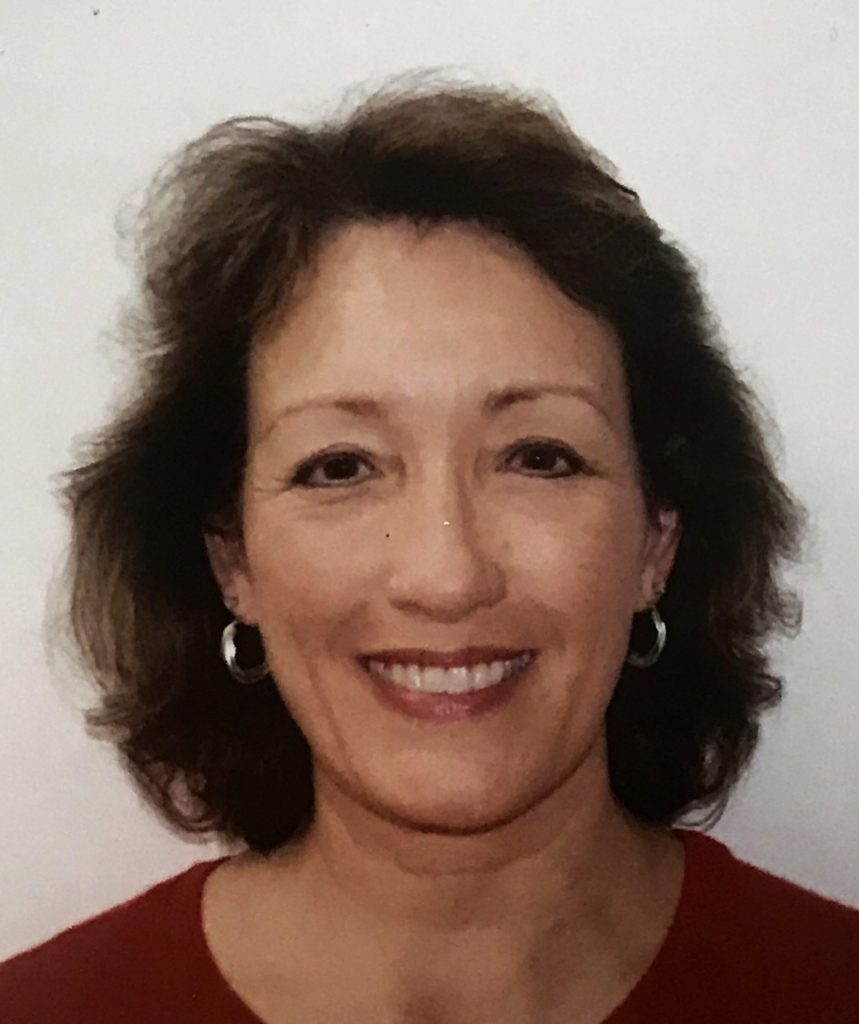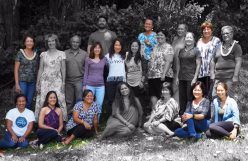MUSIC VISION:
Every student exiting the sixth grade will have the opportunity to learn and appreciate music. Through the sharing of musical experiences, each child forms a foundation that will help to develop relationships and tools that positively contribute to society.

Students in 3rd grade have music class twice in a six-day cycle for 35 minutes. They experience and learn about music, along with its elements, through various activities:
– Singing
– Playing of instruments
– Music notation reading
– Listening
– Movement
The musical components that are covered throughout the year are:
- Rhythm: beginning with the discovery of pulse that lies within all music, students advance to the reading and playing of rhythm patterns.
- Pitch: pitch matching involves training the ear to hear various musical pitches and matching them with the voice.
- Movement: body movement is incorporated into the music lesson. Students begin with songs accompanied by sign language, progress to the use of larger body movements and then advance to involve the entire body in choreography.
- Listening: students continue to listen to and evaluate musical pieces composed in various styles and discuss the elements involved such as mood, tempo (speed of song), dynamics (loud/soft), identification of instruments, etc.
- Instruments: Third grade students continue to learn basic music concepts and skills through the recorder which they learn to play throughout the entire school year.
- Repertoire: Students continue to expand their Kamehameha Elementary repertoire by learning songs, both in English and Hawaiian. Multicultural music and dance is a focus in grade 3. Chapel, holiday and special occasion songs are also taught to the students.
- Music Terminology: students learn musical vocabulary and their meanings such as pitch, high/low, ascending/descending, scale, melody, instrument names.
- Performance: students perform at various times throughout the year. They learn about stage presence, performance expectations, and audience etiquette.

Aloha, Gayla Traylor,
email: gatraylo@ksbe.edu

